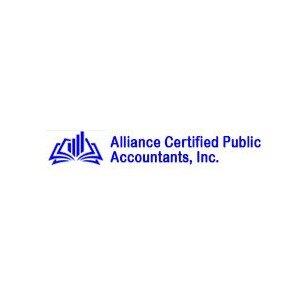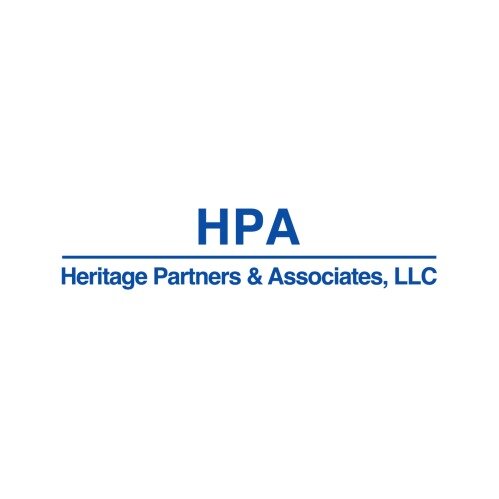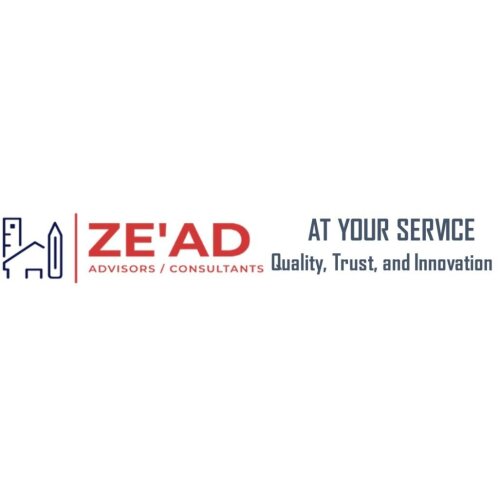Best Investment Lawyers in Liberia
Share your needs with us, get contacted by law firms.
Free. Takes 2 min.
Or refine your search by selecting a city:
List of the best lawyers in Liberia

Alliance Certified Public Accountants, Inc. (Alliance CPAs, Inc.)
15 minutes Free ConsultationAbout Investment Law in Liberia
Investment Law in Liberia is designed to encourage, promote, and facilitate both domestic and foreign investment in the country. The legal framework seeks to create a favorable environment that supports private investment while protecting investors' rights. Liberia offers various incentives and guarantees for investors, including tax exemptions and repatriation of profits. The country's strategic location, rich natural resources, and ongoing efforts to enhance the business climate make it an attractive destination for investment.
Why You May Need a Lawyer
Investing in a foreign country like Liberia can be complex, involving various legal and regulatory requirements. Here are some common situations where you may need legal assistance:
- Understanding Regulatory Requirements: Navigating the different regulations and compliance standards necessary to operate a business in Liberia.
- Contract Negotiation and Drafting: Ensuring agreements with partners, suppliers, and customers are legally sound.
- Dispute Resolution: Handling any legal disputes that may arise during the course of business operations.
- Land Acquisition: Understanding property laws and acquiring land legally for investment projects.
- Protecting Intellectual Property: Securing patents, trademarks, and copyrights in Liberia.
Local Laws Overview
The investment landscape in Liberia is governed by various laws and policies aimed at facilitating economic growth. Some key laws include:
- Investment Act of 2010: Provides a framework for equal treatment of investors and offers special incentives for foreign investments.
- The Liberia Revenue Code: Outlines taxation requirements and exemptions for businesses operating in the country.
- Land Rights Policy: Defines laws regarding land acquisition, tenure, and usage critical for investment projects.
- Liberian Commercial Code: Governs contracts, commercial transactions, and company formations.
Frequently Asked Questions
What are the key incentives for investing in Liberia?
Liberia offers incentives such as income tax reductions, import duty exemptions for certain goods, and provisions for rapid depreciation of capital assets.
Can foreign investors own land in Liberia?
While foreign investors cannot own land outright, they can lease land for long-term projects. Leases can generally be secured for periods up to 50 years and are renewable.
Is there a minimum capital requirement for foreign investments?
Yes, according to the Investment Act of 2010, there is a minimum capital requirement for foreign enterprises, depending on the type of business activity.
What form of business structures can foreign investors establish?
Foreign investors can establish various business entities, including joint ventures, wholly foreign-owned subsidiaries, partnerships, and branches of foreign corporations.
Are there any sectors restricted to foreign investors?
Yes, certain sectors are reserved for Liberian citizens, such as small-scale retail trade and local transportation services.
What taxes are applicable to foreign investors?
Foreign investors are subject to corporate income tax, payroll tax, and other standard business-related taxes as outlined in the Liberia Revenue Code.
How long does it take to incorporate a business in Liberia?
The process of incorporation typically takes between one to two weeks, provided all required documentation is complete and submitted correctly.
What measures ensure investor protection in Liberia?
The Constitution and Investment Act provide assurances against unlawful expropriation and guarantee the ability to repatriate profits in convertible currency.
What licensing requirements exist for investment businesses?
Businesses may require licenses depending on the sector, such as mining licenses, oil exploration permits, or import/export permits.
What dispute resolution mechanisms are available for investors?
The Liberian legal system provides for arbitration and mediation services to resolve investment disputes, and local courts can also adjudicate disagreements.
Additional Resources
For further assistance, consider reaching out to these organizations and governmental bodies in Liberia:
- Liberia National Investment Commission: Provides guidance and information on investment opportunities and incentives.
- Liberia Revenue Authority: Offers insights into taxation and fiscal policies affecting businesses.
- Liberian Commercial Court: Specializes in resolving commercial disputes in a business-friendly manner.
- Liberia Business Registry: Facilitates business registrations and documentations.
Next Steps
If you are considering investing in Liberia and need legal assistance, consider the following steps:
- Consult with a Local Lawyer: Seek advice from a lawyer specializing in investment law in Liberia to understand legal requirements and protect your interests.
- Engage with Investment Authorities: Contact the National Investment Commission for official guidelines and support.
- Conduct Thorough Due Diligence: Ensure that you fully understand the local market, potential risks, and regulatory environment before proceeding.
- Prepare Necessary Documentation: Keep all necessary legal and financial documents in order to facilitate the investment process.
By taking these steps, you can better navigate the investment landscape in Liberia and maximize the potential for successful and legally compliant business operations.
Lawzana helps you find the best lawyers and law firms in Liberia through a curated and pre-screened list of qualified legal professionals. Our platform offers rankings and detailed profiles of attorneys and law firms, allowing you to compare based on practice areas, including Investment, experience, and client feedback.
Each profile includes a description of the firm's areas of practice, client reviews, team members and partners, year of establishment, spoken languages, office locations, contact information, social media presence, and any published articles or resources. Most firms on our platform speak English and are experienced in both local and international legal matters.
Get a quote from top-rated law firms in Liberia — quickly, securely, and without unnecessary hassle.
Disclaimer:
The information provided on this page is for general informational purposes only and does not constitute legal advice. While we strive to ensure the accuracy and relevance of the content, legal information may change over time, and interpretations of the law can vary. You should always consult with a qualified legal professional for advice specific to your situation.
We disclaim all liability for actions taken or not taken based on the content of this page. If you believe any information is incorrect or outdated, please contact us, and we will review and update it where appropriate.
Browse investment law firms by city in Liberia
Refine your search by selecting a city.











